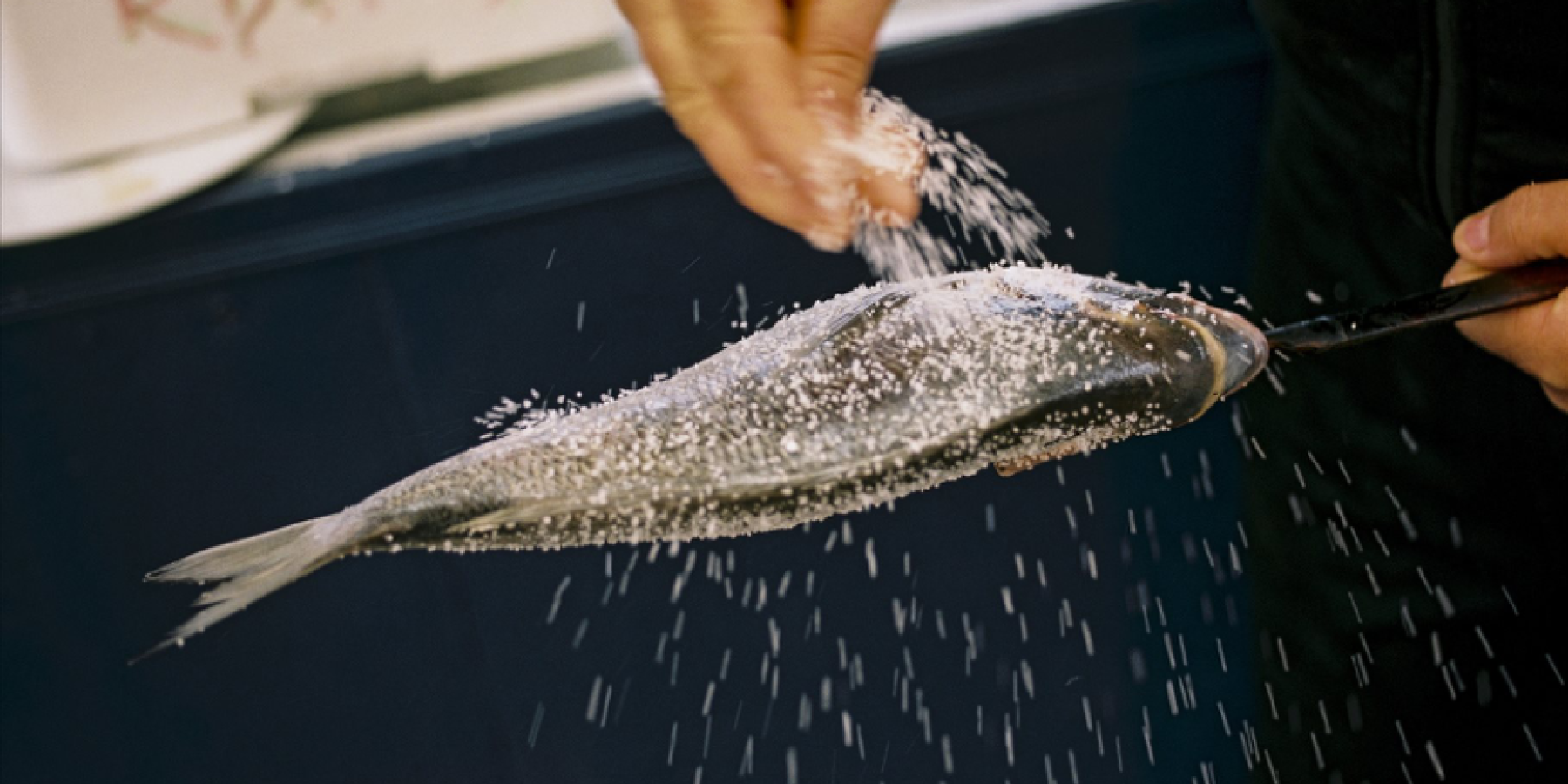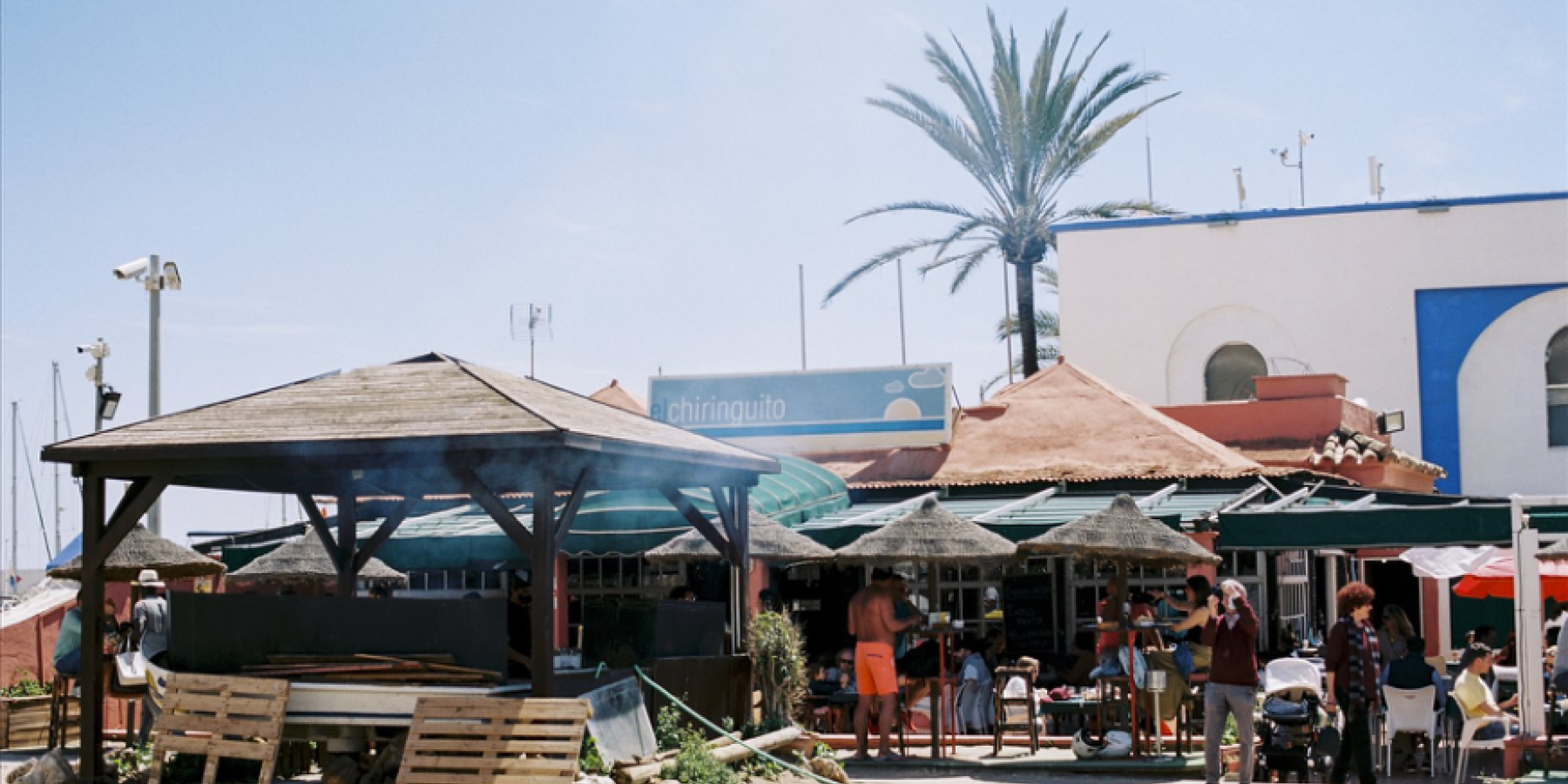Support
Saint Lawrence University offers an incredible variety of study abroad programs around the world, so it was quite a challenge to decide where to go. Due to my affinity for the Spanish language and culture, I decided to study abroad in Spain during the Spring 2022 semester. To say the least, this was the most transformative experience of my life, so I am extremely grateful to everyone who has supported me on this journey.
Spain is known for having an extremely rich and diverse culinary culture. Surrounded on three sides by water, Spain is the second most mountainous region in Europe. It has a wide variety of climates, from the hot, dry region of Andalucía in the South to the green and humid zones of Galicia and Asturias in the North and Northwest. It’s unique geographical location and diverse climate is one of the reasons Spain’s culinary traditions differ from one region to another. Additionally, throughout history, Spanish cuisine has been influenced by many other cultures, both invaders and visitors, as well as from its colonies.
I am a firm believer that the best way to get to know Spanish culture is through its cuisine and cultural practices associated with it. Food to a Spaniard is a source of pride, a way to live; it is central to their identity. To support my culinary endeavors, I decided to apply for a Travel Enrichment Grant where I would examine the role of cuisine in developing Spanish culture and tradition. I would like to express my sincere gratitude to Dr. Marina Llorente, associate dean of international and intercultural studies, for putting me in touch with Sr. Don Valentin Ulibarri Garrastachu, the president of a private gastronomic society in Marbella. Thanks to him, I received a warm welcome and was treated as a member upon arrival.
The first gastronomic societies, also known as txokos, were venues where groups of friends, traditionally only men, got together to cook and then spend time together around the dining table. They were meant to be a space for men to prepare food and have time away from their families to discuss personal issues, culture, political views. There were no owners; the members all felt the same sense of ownership and the operations were based on mutual trust. This motto meant that, back then, craftsmen, doctors, fishermen, lawyers, and merchants alike all shared the same space.3 All these aspects were still true to the society that I got introduced to through Sr. Don Ulibarri. I met architects, former military generals, and lawyers that would rotate the responsibility of cooking. It was a comfortable space shared among friends where we would eat, drink, and discuss various ideas. Right after our meal everyone would chip in to cover the costs. Such meetings are held every week and they are usually concluded by a game of Mus (a card game that dates all the way back to 1745).
During my first visit I received a brief orientation and gained a basic understanding of how a gastronomic society operates. However, during my second visit I shared the kitchen with Sr. Don Ulibarri who taught me how to make Bacalao a la Vizcaína, a traditional Cod dish from the Basque country, where he is from. To make the salsa (sauce) we used a special type of pepper (pimiento choricero) which he grew himself. We also made Bacalao al pil pil. I’m going to explain both recipes during my presentation in the spring 2023 semester.
Throughout the rest of my time in Spain I travelled to 4 different regions each of which had its own distinct cuisine and culinary culture. I would try traditional dishes and then try to recreate them myself. Finally, to compliment my project, I wrote a paper on the development of Madrid's gastronomy since its inception for one of my classes. I am extremely gratefully to have had the opportunity to pursue the travel enrichment grant because it helped me gain a better understanding of Spanish culture.


